IDEOLOGY VS JUSTICE AT THE THE INTER-AMERICAN COURT OF HUMAN RIGHTS
An impartial review of the case against Mr. Noguera would certainly expose that Buitrago knowingly introduced witnesses who had repeatedly perjured themselves in order to get a conviction
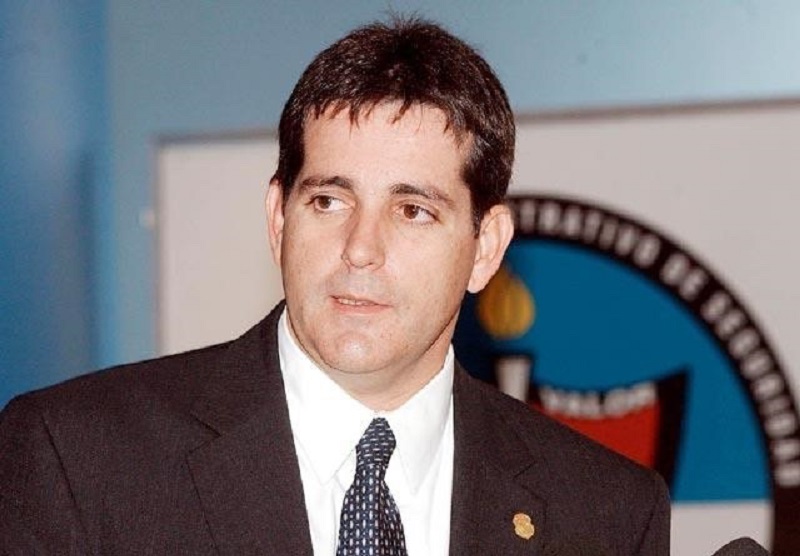
Jorge Noguera
Ideology vs Justice at the The Inter-American Court of Human Rights
Part I of II
An impartial review of the case against Mr. Noguera would certainly expose that Buitrago knowingly introduced witnesses who had repeatedly perjured themselves in order to get a conviction

Por Lia Fowler*
December 7 / 2016
@lia_fowler
When Jorge Noguera, former director of Colombia’s now-defunct Administrative Department of Security (DAS), was convicted in 2011 of being part of a criminal conspiracy with paramilitary groups, he realized he would never find justice within Colombia’s politicized judicial system. Convicted on the basis of the uncorroborated and contradictory testimony of a self-confessed felon, and without a shred of physical evidence against him, Noguera was handed a 25-year jail sentence and denied any possibility of an appeal. Indeed, the violations of due process against Mr. Noguera could fill volumes. So Mr. Noguera renounced Colombia’s justice system and turned instead to the Inter-American Commission for Human Rights to seek redress. Sadly, he has had no better luck with the IACHR, where cases seem to progress based on the Commission’s ideology, and not on the principle of equality under the law.
Mr. Noguera’s case before the IACHR is solid. Article 8 of the American Convention on Human Rights recognizes that every person is entitled to “the right to appeal the judgment to a higher court” – a right Mr. Noguera was denied. The IACHR itself has established several precedents upholding this right, including a judgment in 2014 against the Government of Surinam, and one in 2009 against the Government of Venezuela, both for denying petitioners the right to appeal.
Yet Mr. Noguera’s petition, filed on April 4, 2013, has yet to even be admitted by the Commission – which acts as a gatekeeper to the Court. Two years and eight months after it was filed, in December 2015, the Commission gave Colombia three months to provide a response to the petition. Eight months after that, in August 2016, the Commission established a new deadline for Colombia’s response until the 26th of that month. Mr. Noguera, deprived of his freedom in a Colombian jail, has heard nothing official since then.
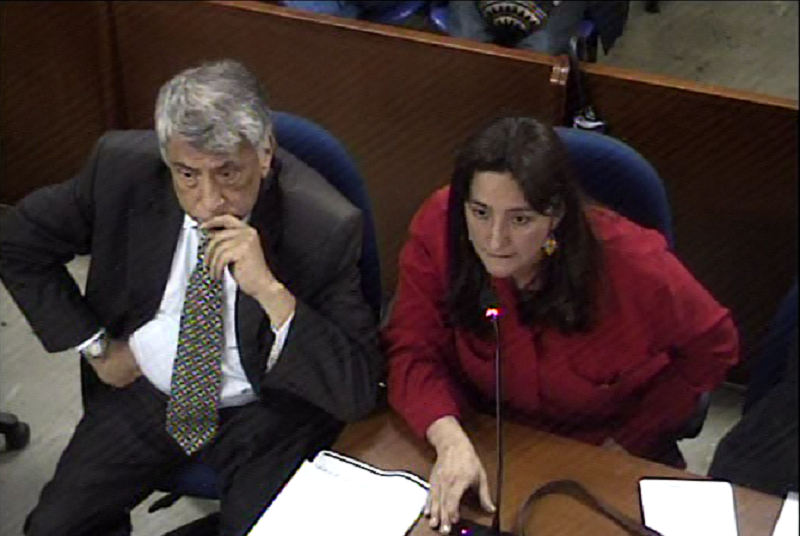
The Commission did not respond to inquiries about the undue delay in this case. But Mr. Noguera’s record in combating Colombia’s Marxist narco-terrorist group FARC as the nation’s top cop, and the background and history of the Commission’s staff, suggest a clear conflict of interest and an ideological motive for its inaction.
In early 2015, the IACHR selected former Colombian prosecutor Angela Maria Buitrago as one of five “experts” on the Interdisciplinary Independent Group of Experts (GIEI) formed to provide technical assistance in the disappearance of 41 students in Iguala, Mexico. Buitrago also happened to be the lead prosecutor in Mr. Noguera’s case. Buitrago remained on the Commission’s staff until April 2016, when the Mexican government refused to renew the GIEI’s contract.
Buitrago’s track record in Colombia, where she was dubbed “The Iron Prosecutor” by the sycophantic media, and in Mexico, suggests a pattern of bias and misconduct against members of the state who investigated or combated Marxist terrorist groups.
Most notoriously, in 2007, Buitrago prosecuted retired Colombian Colonel Luis Alfonso Plazas Vega, charging him with the disappearance of eleven people
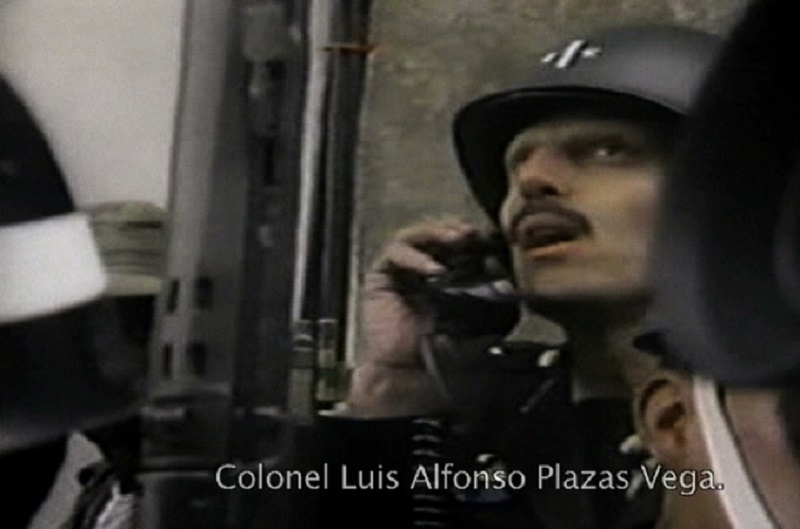
during the 1985 siege of the Colombian Palace of Justice by the Marxist terrorist group M-19. Based primarily on false testimony presented by Buitrago at trial, and the withholding by the prosecution of exculpatory evidence, Col. Plazas was sentenced to 30 years in jail. In 2015, the Colombian Supreme Court cleared him of all charges and exposed the irregularities in his prosecution. He was imprisoned eight years before regaining his freedom.
The Colombian Supreme Court’s decision supported allegations by Mexican officials and citizen groups that the GIEI and Buitrago’s agenda was to falsely implicate the Mexican military of involvement in the disappearance of the students, using false or baseless information.
“The GIEI has proven that it’s not interested in contributing to the search for truth,” states a December 2015 press release by Seguridad, Justicia y Paz, a civic organization focusing on public safety and justice. The organization pointed to false evidence provided by the GIEI in the Iguala case and called for the immediate termination of its contract. The Mexican government agreed, as it did not extend the “experts’” contract, which was up for renewal in April this year.
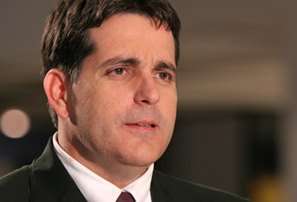
Despite the facts exposed in the Plazas case about Buitrago’s introduction of false evidence at Colonel Plazas’ trial, and despite the well-supported allegations of similar misconduct in Mexico, the IACHR staunchly defended its experts. In a January 2016 press release, the Commission stated, “The knowledge, experience, professional history and ethical integrity of each on of the members of the [GIEI] are widely acknowledged at the international level.”
An impartial review of the case against Mr. Noguera would certainly expose that Buitrago knowingly introduced witnesses who had repeatedly perjured themselves in order to get a conviction. The American Convention on Human Rights guarantees Mr. Noguera the right to that review. The reason the Commission has delayed any action for so long could be as simple as a conflict of interest, as their credibility is on the line having claimed the “Iron Prosecutor” as one of their own.
But Buitrago is not the only past or current member of the Commission staff with a similar bias and shady record. The leftist ideology of the Commission is pervasive and evident in numerous cases that have resulted in human rights violations – including the murder of two afro-descendant community leaders — as opposed to preventing or correcting them. These will be the subject of part II of this series.
But for now, on December 11, Mr. Noguera will begin his 10th year unjustly deprived of his liberty; and in April he’ll enter his fourth year waiting for a response from the Commission that could restore it.
* Lia Fowler is an American journalist and former FBI Special Agent.

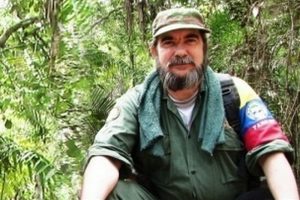
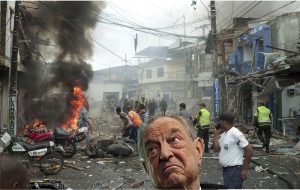
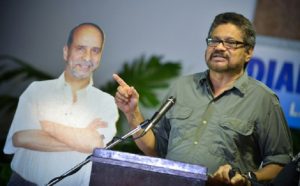
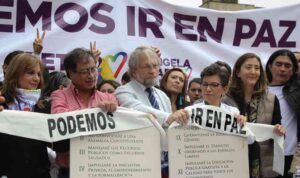
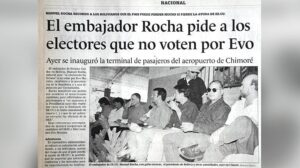
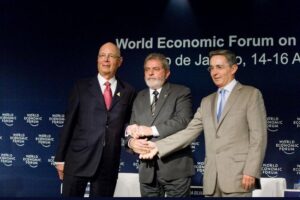

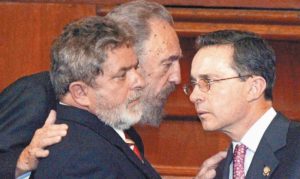
Comentarios